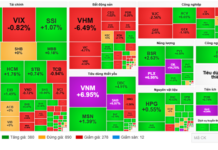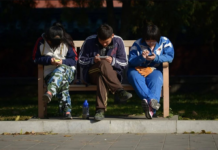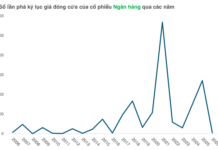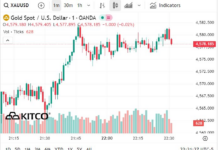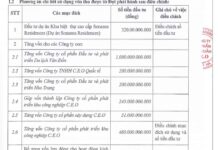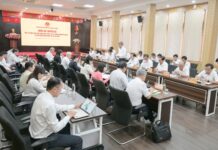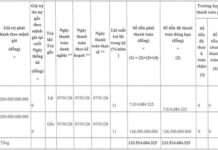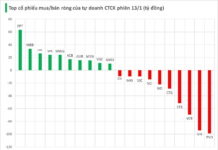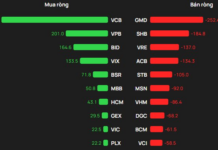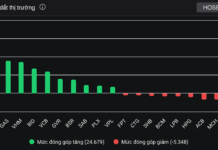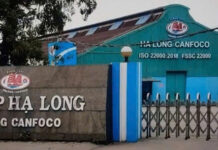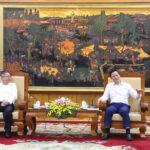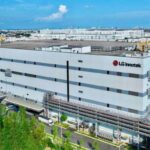
According to a prominent labor rights group, workers at a Chinese factory assembling Apple’s latest iPhones continue to face precarious employment conditions, excessive overtime, delayed wages, and discrimination against ethnic minorities.
China Labor Watch (CLW), a U.S.-based organization specializing in undercover investigations of Chinese factories, found that over half of the estimated 200,000 workers hired during peak season at Foxconn’s Zhengzhou plant—the world’s largest iPhone factory—are temporary workers known as “dispatched workers.” This exceeds China’s legal limit of 10% for temporary staff in a company’s workforce.
CLW also discovered that these dispatched workers face staggered payment schedules, with portions of their wages withheld to prevent them from leaving during peak production periods. They lack full-time employee benefits such as paid sick leave, paid holidays, and social insurance, including healthcare and pension contributions. The report further alleges systemic discrimination in hiring practices against certain ethnic minorities and pregnant women.
This report follows previous findings highlighting harsh working conditions at Chinese factories operated by Taiwan’s Foxconn, Apple’s largest contract manufacturer.
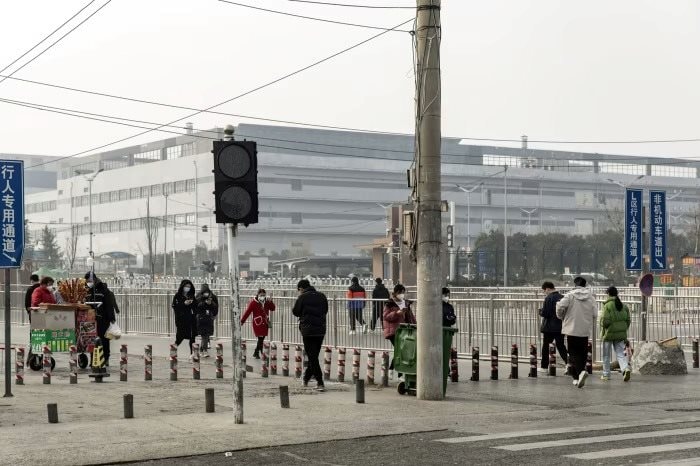
Interior view of Foxconn’s Zhengzhou plant, the world’s largest iPhone production facility.
“Despite Apple’s repeated commitments to improve working conditions over the past decade, our investigation found that core labor issues persist,” said Li Qiang, CLW’s founder and author of the report released Thursday. “Apple’s supply chain remains reliant on a vast, disposable workforce.”
Foxconn responded by stating they are an “equal opportunity employer” and do not “tolerate discrimination.” They added that over the past two years, they have “proactively conducted independent third-party audits,” demonstrating their “commitment to transparency and social and environmental responsibility.”
Apple stated they were “on-site and launched an immediate investigation” after being informed of CLW’s findings, emphasizing their “strong commitment to the highest labor, human rights, environmental, and ethical standards.”
CLW conducted a six-month investigation at the Zhengzhou facility this year, sending undercover investigators to conduct over 100 worker interviews.
The Financial Times subsequently visited Zhengzhou, interviewing dozens of workers outside the factory gates and several employees at Foxconn-hired labor agencies. These interviews partially corroborated CLW’s report.
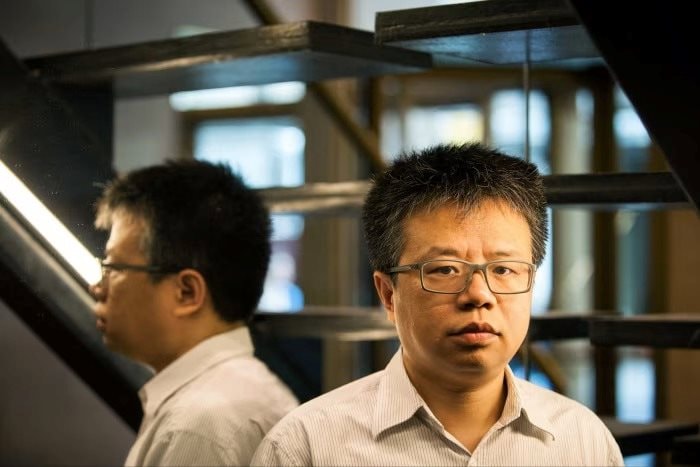
Li Qiang of China Labor Watch notes that trade tensions have created uncertainty for Apple’s orders.
Many FT-interviewed workers noted that working conditions are relatively favorable compared to other local manufacturers, including air conditioning, hot water, recreational facilities, and canteen subsidies.
China’s economic slowdown and rising youth unemployment have limited job options for seekers. A 23-year-old trained as a Mandarin teacher, working at Foxconn for two months, said, “If I can’t find another job, I might return.”
However, two FT interviewees claimed Foxconn’s recruitment platform rejects applications from ethnic minorities, including Uyghurs, Tibetans, and Hui people not from Henan province.
“Foxconn has no explicit policy banning ethnic minorities. But if you submit their application via the recruitment app, it gets rejected,” said one source familiar with the system. They added that these minorities face discrimination due to perceptions of higher conflict potential with Han workers.
Zhengzhou has become a critical link in Apple’s supply chain, with a network of component suppliers and dozens of labor agencies providing thousands of temporary workers. However, the plant has faced continuous scrutiny over issues like suicides, COVID-19 lockdown unrest, and longstanding grievances over wages and conditions.
As recently as this month, workers were required to undergo X-rays as part of health checks, which CLW says effectively barred pregnant women from registering.
Foxconn leverages temporary contracts to adjust to fluctuating demand cycles and, in recent years, to meet Apple’s shifting iPhone production location requirements.
Apple has sought to reduce its reliance on China by shifting production to India, aiming to assemble all iPhones exported to the U.S. there by next year.
“Trade tensions have created significant order uncertainty. Until the last minute, it’s unclear whether Apple will allocate production to India or Chinese plants,” said CLW’s Li.
CLW found no evidence of underage labor, unlike in a 2018 investigation, and noted a slight improvement in average overtime hours.
Signing bonuses ranging from 4,800 to 9,800 RMB (approximately $650 to $1,300) were a significant draw for temporary workers during the iPhone 17 production ramp-up this month.
Dispatched workers earn a base salary of 2,100 RMB ($290) monthly, Henan’s minimum wage, but these bonuses make their pay competitive in manufacturing. Bonuses are typically paid after three to four months to ensure retention.
Many workers prefer the flexibility of short-term contracts and higher hourly rates. However, several reported excessive overtime to boost earnings, with hourly rates as low as 12 RMB ($1.60) for some, but ranging from 25 to 28 RMB ($3.40 to $3.80) for most, depending on experience and recruitment cycle. CLW found many working 60 hours weekly, with some reaching 75 hours.
A worker at the plant for over a month told the FT she regularly works 2.5 hours of overtime daily, six to seven days a week. “Some managers have bad attitudes,” she said. “We work hard, but they keep pushing and pressuring us.”
Source: FT
Leading Chinese Tech Conglomerate Strengthens Partnerships in Bac Ninh, Creating Over 60,000 Jobs
The enterprise’s total investment in the province has reached an impressive 20% of the entire corporation’s revenue.
LG Innotek Strengthens Vietnam Hub: Completes Billion-Dollar Plant, Doubles Camera Module Capacity
According to the Korea Times and major South Korean media outlets, LG Innotek has recently completed the expansion of its V3 factory in Hai Phong. This move is seen as a pivotal strategic step to solidify its leading position in the global camera module market and enhance price competitiveness, despite a decline in business performance recorded in Vietnam during the first half of 2025.
iPhone 17: The Ultimate iPhone to Buy This Year – Here’s Why
For the first time in years, the iPhone for the masses has received such significant upgrades that it blurs the line between itself and the Pro lineup.

